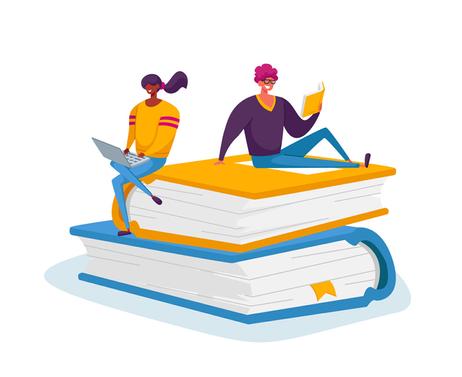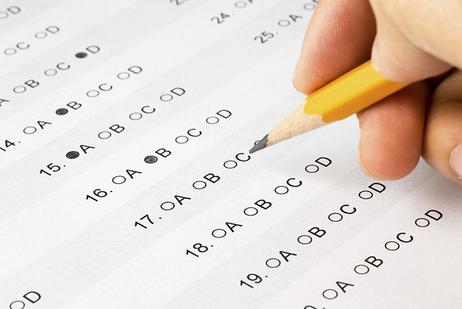Artificial Intelligence, specifically ChatGPT, is knocking on school doors everywhere. So, rather than let some reporter tell us about AI and ChatGPT, I asked ChatGPT to explain itself to you and me. Here are the questions I posed, followed by ChatGPT's answers, all of which I have put in blockquotes. The questions are mine. The answers are ChatGPT's.
What is AI?
Artificial Intelligence (AI) refers to the simulation of human intelligence in machines that are programmed to think and learn like humans. AI systems are able to perform tasks such as perception, problem-solving, decision-making, and language understanding. There are various subfields of AI, such as machine learning, computer vision, and natural language processing, which are used to create specialized AI systems that can perform specific tasks. AI has many practical applications, such as in self-driving cars, speech recognition, and image recognition.
What is ChatGPT?
ChatGPT is a large language model developed by OpenAI. It is based on the GPT (Generative Pre-training Transformer) architecture, which is a type of neural network designed for natural language processing tasks. ChatGPT is trained on a massive dataset of text from the internet and is able to generate human-like text in response to prompts. It can be fine-tuned for specific language tasks such as question answering, conversation, and text completion. ChatGPT has a wide range of potential uses, such as in chatbots, language translation, and content generation.
In this video, Adam Twarog explains ChatGPT.





































